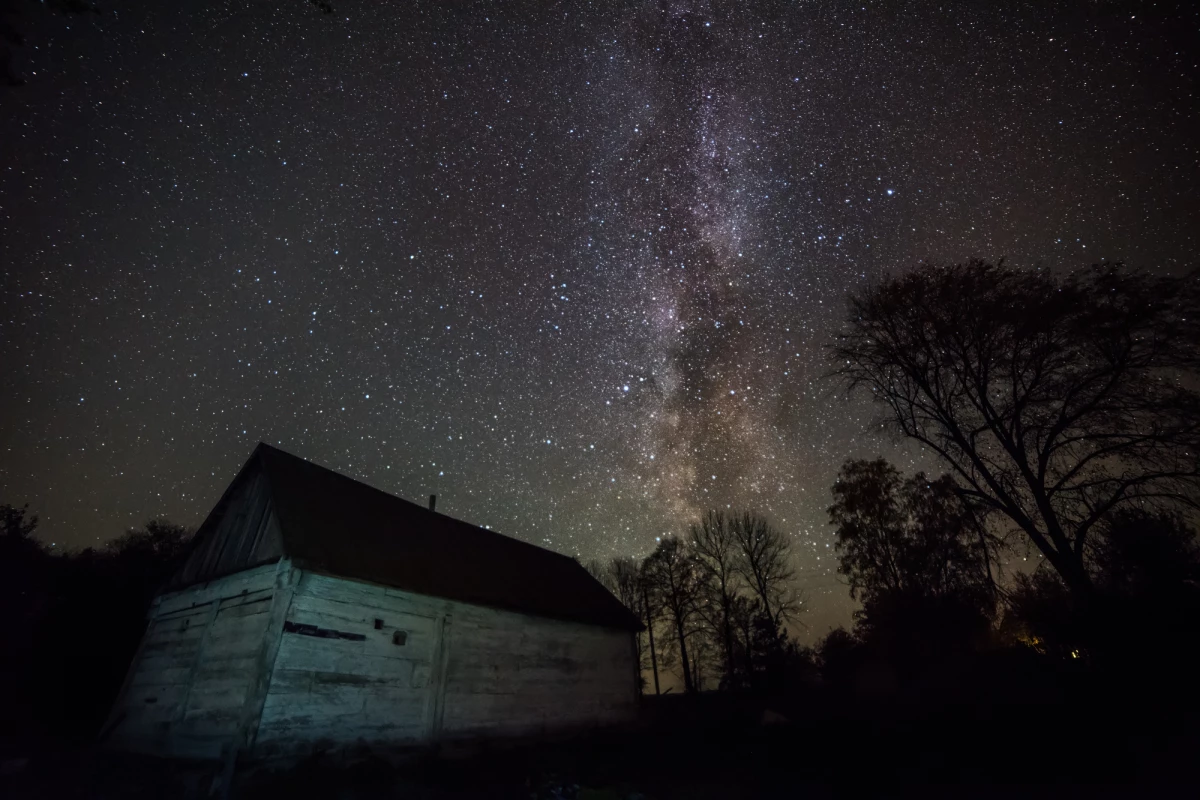As the world becomes a busier place and and we send more things into orbit, night skies uncontaminated by light pollution aren't as common as they once were. The International Dark-Sky Association is a non-profit organization dedicated to safeguarding night skies for future generations to enjoy, and has just granted its first designation that covers an entire country, the small Pacific island nation of Niue.
Niue is home to around 1,600 inhabitants and is one of the world's smallest independent nations. Its people enjoy a long history of being guided by star navigation and lunar cycles, with elders passing down their knowledge from generation to generation. They hope to continue this for some time to come, aided by the formal approval of the nation as an International Dark Sky Place.
“Niue’s skies have been observed and appreciated for centuries," says Misa Kalutea, a Niuean elder and cultural guardian. "The dark sky nation status adds new emphasis to the importance of our traditional knowledge, providing a reason for the retelling and sharing of this knowledge before it is lost."
The approval follows an application process that kicked off in mid-2018, with the government taking the necessary measures to meet the requirements for a Dark Sky Place, including demonstrating strong community support and upgrading streetlights and domestic private lighting.
Niue joins more than 130 certified Dark Sky Places around the globe, though it is the first to feature as an entire nation. By limiting light pollution, the organization hopes to limit disruption to wildlife, save energy and preserve a clear view of the universe. This final point is one of big significance in astronomy circles, with SpaceX's burgeoning constellation of Starlink satellites, and others like it, threatening the work of scientists around the globe.
When it comes to Niue, the government hopes this formal accreditation from the International Dark-Sky Association (IDA) as an International Dark Sky Sanctuary and International Dark Sky Community will create Asto-tourism opportunities and let visitors and locals enjoy the night sky for years to come.
“Viewing sites which are currently used for whale-watching and accessing the sea are already established on the island," says Felicity Bollen, CEO of Niue Tourism. "In addition, the dark interior provides spectacular views of the sky and the roads that cross the island make ideal viewing locations. Visitors will be able to enjoy guided Astro-tours led by trained Niuean community members. They will witness the wonder of a night sky illuminated by thousands of stars. The Milky Way with the large and small Magellanic Clouds and the Andromeda constellation are truly a sight to behold.”




